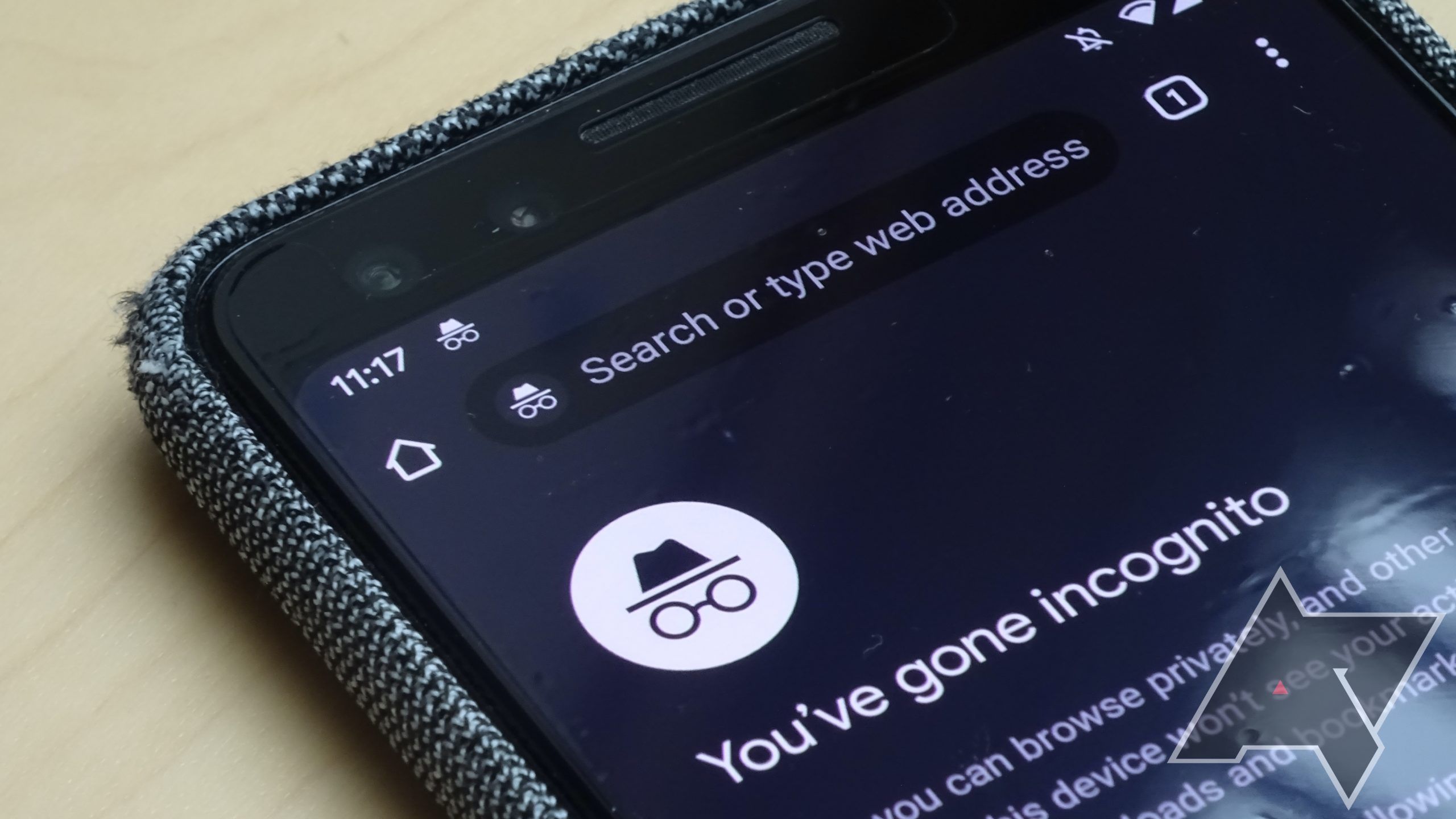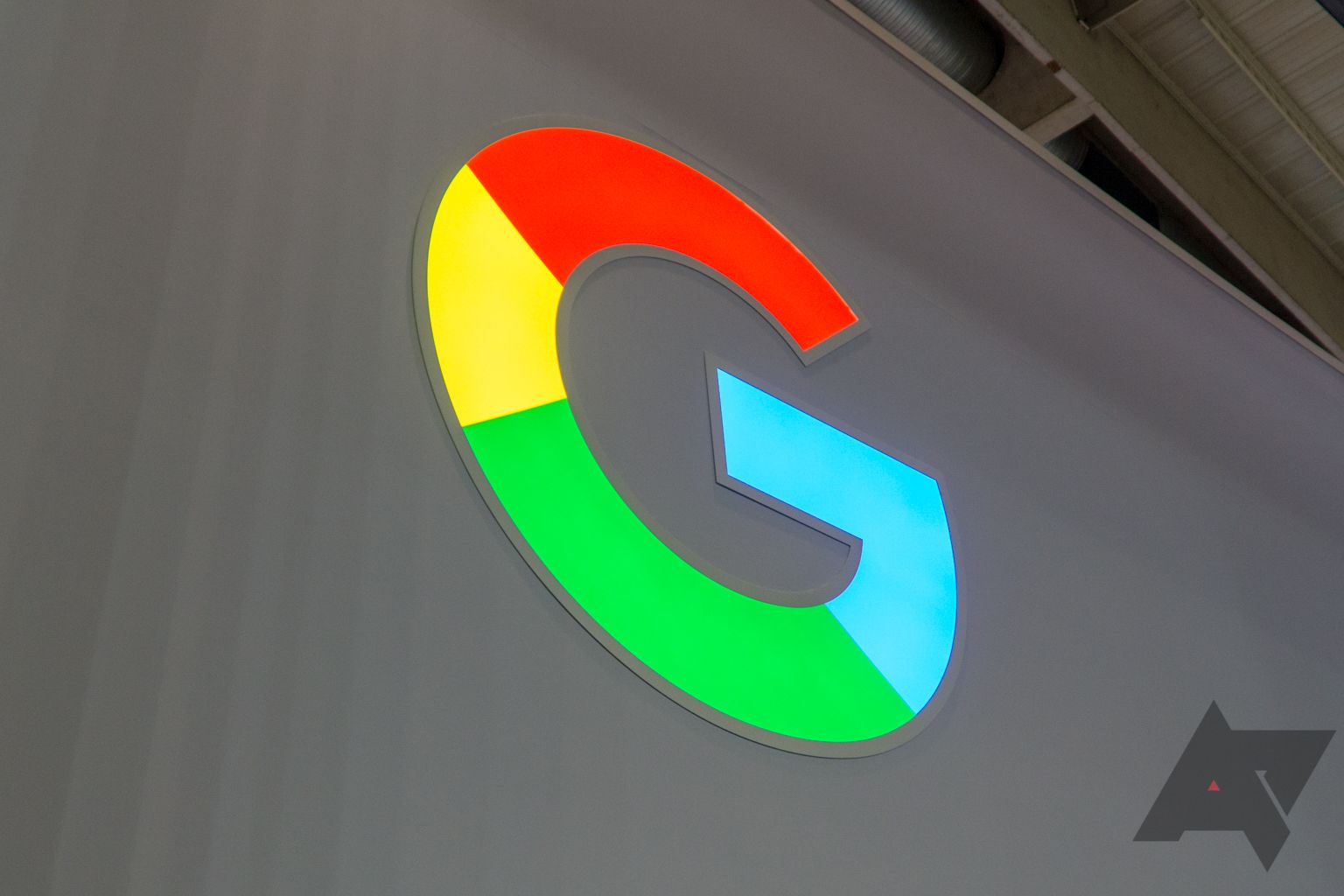latest

How to censor on Discord: Block what you don't want to see
Discord spoiler tags are here to save the day
There's nothing quite like going blind into chat and getting your fill of spoilers for the latest Final Fantasy XIV story update. Or maybe you're tired of discussing the newest Indiana Jones movie in secret code. In cases like these, Discord censorship becomes your best friend; you can hide text and images to prevent your unsolicited Discord chat visitors from being spoiled. It also sets a precedent that posts should always be filtered and edited so not everyone has to view them. So we've created a guide to teach all Discord users how to censor content on their favorite Android phone and PC.

The internet is a great place for people to connect and learn about anything. As much as there are safeguards built-in to the web and the devices you use to access it, it's probably a good idea to use a VPN to keep yourself extra safe. There are a number of great VPNs that work on all devices, including the best Chromebooks available. If you want an open source option that works differently from the main-stream VPNs, Google's Jigsaw group created Outline VPN just for you. Here we look at what Outline is and how to set up a Server and the Client on your devices.

Google Assistant failed at censoring itself from saying the N-word
But a quick fix does not absolve those who have actually sinned
It's a fact that very little modeling for artificial intelligence-type technologies take BIPOC folk into consideration. Sure, there are even heavier conversations to be had about the white and select non-white populations that hold the majority of well-paying, powerful jobs across Silicon Valley. Simply put, we know there are problems that expose themselves whether it's the product itself to the staff who stand behind it. Google tries here and there with efforts such as its Real Tone photo filters, but I don't think we get to be surprised when mistakes like this happen and we end up having to ask "How did no one think of this?"

China's censorship drawing more flak from its own citizens after unpublished novel was wiped off cloud
The social literature platform reportedly locked the author out of her work which contained illegal content
Censorship has long been present in China with the country placing severe restrictions on all forms of media including print, radio, theatre, film, TV, and of course, social media. Any voice that is on the opposing side of the government's talking points is swiftly suppressed. A Chinese digital novelist has found this out the hard way after being locked out of her draft of a lengthy novel written on the cloud-based word processing software WPS.

Texas's social media anti-censorship law goes into effect with an uncertain path forward
Will this unleash even more abuse into your timeline?
More than half a year after it was signed, a new state law has been allowed to take effect that would punish social media companies for banning Texas citizens off their platforms for expressing a "viewpoint." Big Tech has been pushing back along the way and now hopes that the Supreme Court will step in to block it.

Russia demands Google block YouTube content about invading Ukraine
Those videos aren't going anywhere
One thing that really sets the ongoing Russian invasion of Ukraine apart from past conflicts is the internet's potent role in shaping current events. From Google Maps researchers in California who spotted Russians mobilizing hours before military vehicles crossed the border into Ukraine, to major tech companies shutting down product sales and limiting use of their services, Facebook, Apple, and Google have all become supporting players in this global crisis. The cyber-front in this war does not look like it's anywhere close to cooling down, as Russia demands that Google police YouTube for what that nation claims are "false" ads.

Telegram no longer blocked in Russia, app's founder hopeful
Telegram has been banned in the country for the last two years
Telegram has had a difficult stand in Russia over the last years. Ever since the messenger was unwilling to hand over its encryption keys that would enable unrestricted surveillance of the chat app's users, the country has been attempting to block its citizens from accessing the service — albeit widely unsuccessful. After this two-year-long cat-and-mouse game that even involved our own sister site APK Mirror, Telegram is now officially available in Russia again. The platform and Roscomnadzor, essentially the Russian FCC, have reached an agreement on how to counter extremism and terrorism on the platform.

Google hypocritically flags Fleksy keyboard for mature content over 🖕 emoji
Google hypocritically flags Fleksy keyboard for mature content over 🖕 emoji
The popular Android keyboard app Fleksy was recently forced by Google to bump its Play Store rating to PEGI 16/Teen for "mature content." The content in question is apparently the middle finger emoji. This decision by Google stinks of hypocrisy, given that its own Android software keyboard Gboard includes the same emoji, and manages to finagle a PEGI 3/E rating on the Play Store.

Google's censored Chinese search engine Project Dragonfly is reportedly dead after internal conflict
When news first broke in August about Google's plans for a censored Chinese search engine, there was immediate backlash both internally and externally. As details regarding Project Dragonfly continued to leak over the ensuing months, that pushback only grew more vehement, with executives fielding questions on the subject from US senators and Google employees launching a petition decrying the project. Now, according to The Intercept, Dragonfly is effectively dead after a massive internal rift formed between the project and the company's privacy team.

News of Google's censored Chinese search engine project Dragonfly has steadily leaked since August, angering many of the company's own employees - especially after the response that filtered down from the higher-ups was essentially: yes, we might compromise core values for business. A group of over 170 employees have now banded together to address the issue publicly with an article and petition posted on Medium in partnership with Amnesty International entitled "We are Google employees. Google must drop Dragonfly."

Google's plans for a Chinese search and news service, known internally as Dragonfly, continue to leak and create controversy. In August, it was revealed that Google would soon reenter the Chinese marketplace, which Google CEO Sundar Pichai denied, calling it "an exploration stage." Then on Sept. 14th, it was reported that Google would track users using their phone number.

Read update
- In response to the leak, Google reportedly shut down access to any documents pertaining to the Chinese search app. The Intercept reports that a large number of employees are outraged about the project, while others have declined offers to join the team.
Google is planning to release a censored version of its search app in China, according to a report from The Intercept. The project, apparently code-named Dragonfly, has been in development since last spring. The app will limit searches to exclude information not approved by the Chinese government, like results about sex or political dissidence.

For years, governments around the world have tried to block various web services. This has often proved tricky in recent times, as the recent Telegram bans in Iran and Russia revealed. For example, Russia broke countless other sites while attempting to block Telegram, because they shared the same infrastructure (AWS, Google Cloud Messaging, etc).

The global availability of smartphones and the app stores that house their software makes it as easy for developers to share their work with users down the street as those living on the other side of the world. And while we tend to feel that broad access to software is almost always a good thing, not everyone is going to agree, and sometimes all it takes is one government getting upset about one app to cause some serious fallout. That's pretty much what we're seeing right now, as Russia makes moves against Telegram that are already having some serious consequences.

China has a long history of blocking or limiting access to websites, especially social networks and Western-owned sites. Wikipedia, Twitter, Facebook, Instagram, and many Google services are currently blocked in mainland China. WhatsApp has been partially-blocked in the past (for a while, video chats and some other functionality wasn't working), but now the entire service seems to be non-functional.

Experienced internet explorers will know about The Onion Router Project, and some of you may have even used it at one point (guilty). Regardless of your thoughts on it, Tor has always tried to stand for internet freedom. The organization frowns upon censorship and throttling, which is why it has released ooniprobe to help raise awareness for the issue.

Earlier this week we reported on Google's decision to refuse an Android port of the PC shooter Postal in the Google Play Store. Two days later, a representative of developer Running With Scissors told us that Amazon had done the same for the Amazon Appstore, and provided us with the rejection letters from both companies. Google refusing to allow the controversial shooter onto the Play Store is merely inconsistent; as we noted at the time, games with similar levels of violence like Grand Theft Auto III are easily available. But Amazon blocking the sale of the Android app, when the company sells the same game as a PC download, was just downright hypocritical.

Read update
If you're below a certain age or simply not all that familiar with the history of video games, perhaps you haven't heard about Postal. Originally released for the PC in 1997, Postal was an isometric top-down shooter - think Contra with some better graphics. Postal was, by all accounts, a fairly unremarkable game; its mechanics were simple and its story was rudimentary. What made it notable was its intense violence and the depiction of the "gone postal" protagonist shooting defenseless civilians.According to an administrator on the forum of Postal developer Running With Scissors, Google has refused to allow a port of the original game on the Play Store. The company denied the game on the grounds of "gratuitous violence," something that is forbidden in Google's developer agreement. Google, as the owner and arbiter of the Play Store, has the right and the duty to censor its content when it feels appropriate - I don't think anyone would object to the removal of, say, "Lynching Simulator 2015" or "9-11 Bombing Run." Here are some screenshots from the original Postal, presumably similar to what would have been included in an Android port. Screenshots are taken from the Steam re-release of the game.

In a move that is both troubling and confusing, India’s Department of Telecom has compelled ISPs to block a group of popular websites at the DNS level. While the initial reasoning was unknown, it has since been reported that this ban is due to the websites allegedly playing host to content favorable to the terrorist group ISIS. The banned list includes many popular and largely non-political sites like Github and Vimeo.

Well, here's a twist for you. Apple Google has just banned Reddit Is Fun from the App Store Google Play Store due to "sexually explicit material." The author of the app has taken to (where else?) Reddit to voice his concerns and ask for advice in getting his apps reinstated. It may be a simple problem to solve, however.














